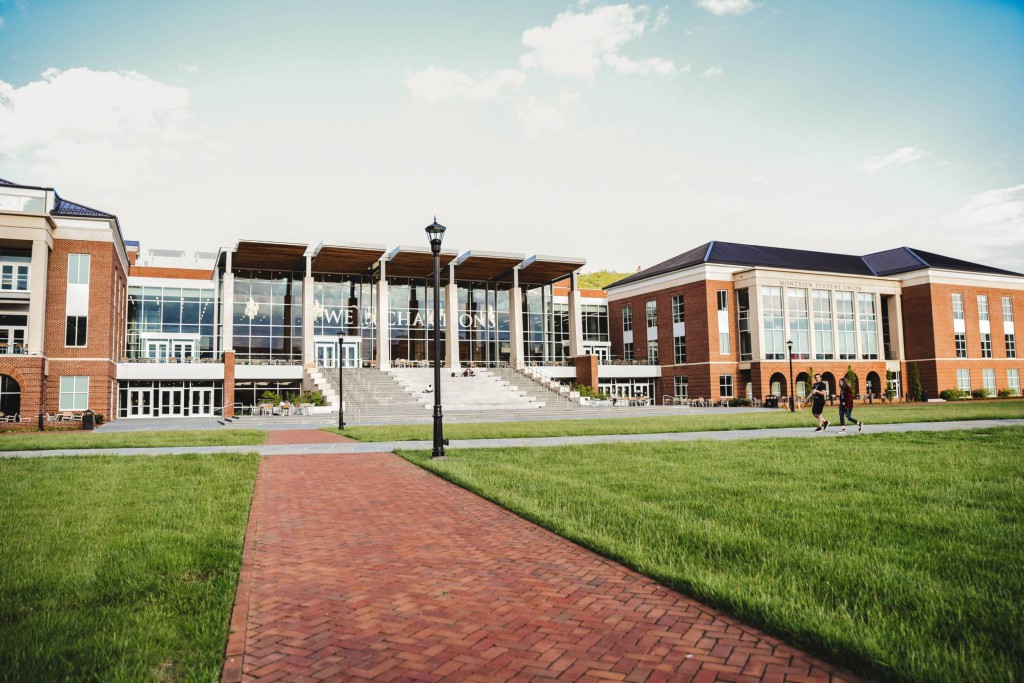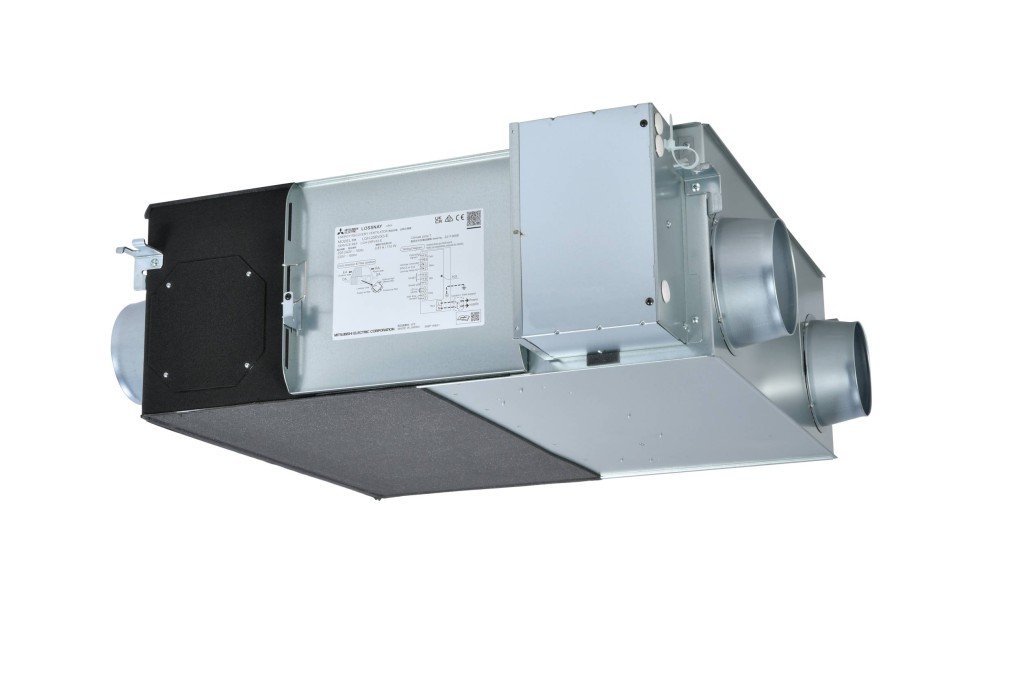School targets

Mike Egan, Business Development Manager, Corporate Sales at Mitsubishi Electric, highlights the importance of upgrading the UK’s schools in order to hit our Net Zero targets.
The UK is firmly set on reaching Net Zero by 2050, and we must decarbonise all sectors of the economy in order to get there. This includes education, which currently accounts for over a third of all public sector building emissions in the UK.
The Climate Commission’s target for the education sector is to be Net Zero for Scope 1 & 2 as a minimum by 2030 – a more ambitious target than the UK government. The vast majority of the sector’s building stock, including our schools and colleges, is already built, so reaching these targets will rely on a large proportion of the UK’s education estates being upgraded and refurbished to ensure these targets are met.
The systems providing heating, hot water, ventilation and cooling to these spaces can have a significant impact on their carbon footprint. This means it’s important for consultants, owners and managers of education estates to consider switching to more renewable alternatives in these buildings – both now and in the future.
Adapting our schools offers an opportunity
A large number of school buildings in the UK need urgent repair work, with the government’s Condition of Buildings Survey putting the total cost of repairing or replacing these buildings at over £11 billion.
Adapting these spaces is primarily focused on improving their current state, but it’s also important to find ways to lower the costs and energy use associated with day-to-day operation. Many buildings still rely on energy-intensive gas boilers for their heating and hot water supply, and with pressure to reduce the environmental impact of buildings increasing, looking for more environmentally friendly HVAC systems is a good place to start.
Consider each building’s specific requirements
When planning an upgrade or refurbishment, the first thing to consider is the building’s specific requirements. This includes the size of each space and what it is used for, as this can impact the type of solution that will be the most effective.

For example, colleges providing specialist courses like catering may have kitchen facilities at risk of overheating during the summer months. The times that the building is occupied can also affect demand for heating and cooling, with some spaces used outside of regular school hours for activities like evening classes and require heating longer as a result. It is therefore critical that the needs of each building are taken into account when choosing the right solution.
Choose technology that reduces emissions
When refurbishing these buildings, consultants, owners and managers should opt for HVAC equipment that lowers emissions. However, it’s also important this meets the needs of specialist areas, and accounts for long-term service and maintenance plans.
For example, air source heat pumps are, on average, three times more efficient than a traditional gas boiler. They can operate as a single system or multi-unit set-up, making them suitable for a variety of buildings. For schools unable to swap out gas for heat pumps, a bivalent system, where the heat pump and boiler work in tandem to reduce carbon emissions, is also an option, which also makes a phased-out approach to replacing gas boilers straightforward.
While ventilation is an important area to consider, this should also be balanced with energy efficiency. Mechanical ventilation with heat recovery (MHRV) can reduce the amount of energy lost from bringing in cooler air by capturing and applying the energy from the extracted air to the incoming air supply. This allows occupants to benefit from both highly energy efficient ventilation along with good indoor air quality.
It’s also important to make sure systems are operating correctly and efficiently. Opting for controls such as remote monitoring operated via an Internet of Things (IoT) platform can help ensure equipment only operates when required. This can be useful for larger or multi-use buildings that may be more difficult to monitor.
As the UK looks towards Net Zero by 2050, it’s important our schools and colleges are not left behind. By opting for energy efficient HVAC systems, consultants, owners and managers can reduce carbon emissions in these spaces and support this goal in future.







